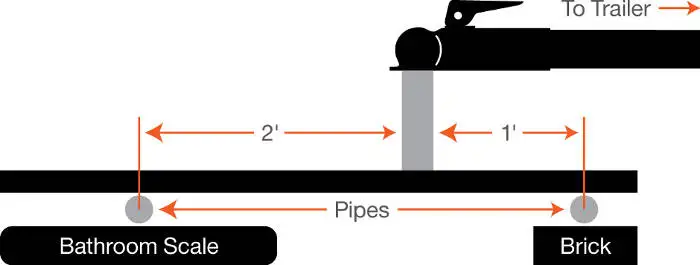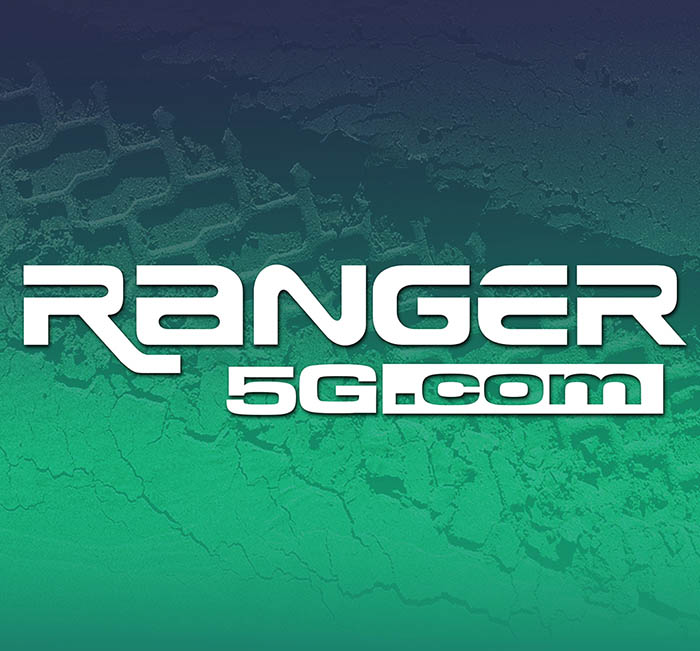2019 Ford Ranger Raptor Forum pickup truck 5th Generation

www.ranger5g.com
Above is a link to a Ford Ranger forum that I spend some time on. Lots of good towing advice. I also have a 2021 Ranger that's new to me and have a TT on order that will be 5k lbs loaded with around 550lb tongue wt. From reading through that forum, there's a consensus that factory suspension is lacking, shocks in particular. I just finished doing what was recommended, installing Bilstein shocks and Blue Sumo springs. It's said that this will reduce porpoising and stiffen up the rear end. I can't say for sure, haven't towed with it yet but am being proactive.
Some conflicting advice about wdh's there. Some say yes, some no, others recommend adding the RAS system to the leaf springs in addition to Bilsteins and Sumo's and no wdh. It's a rabbit hole. Your trailer is lighter than mine so I'd be tempted to add the upgraded suspension and then drive/tow for a bit and then decide if you need one.
Me, I'm going to buy a wdh with 600 lb bars and take off for 2 months as soon as the trailer comes in. Don't want to be wishing I had one while on the road. If you have time at home and are making short trips, maybe you can wait. Just be safe. Best of luck.


